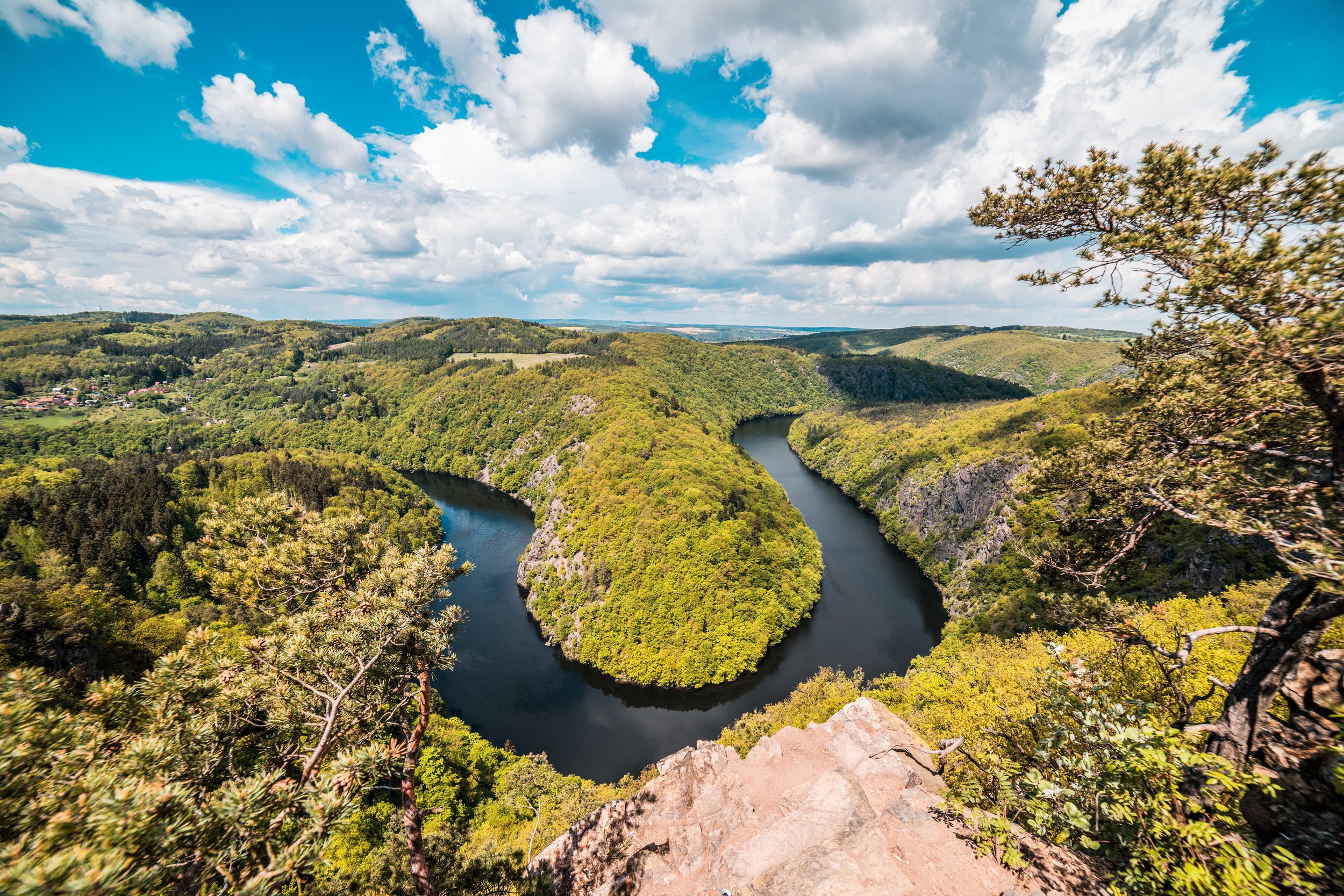How far in advance should I plan my vacation?
One question that I am asked on a regular basis, is “How far in advance should I begin planning my vacation?” The answer to this question varies for each type of trip, which probably explains why it’s such a commonly asked question.
I often find that there are different types of travelers. We have the “I’m going to Bali in October, I decided this one year ago but now it’s July, I suppose I should start planning” traveler. Then, on the opposite end of the spectrum, there’s the “I’d like to go on an African safari in three years, can we get this booked next week?” traveler. You’ll see below that for each type of trip, the planning should begin anywhere from 3-24 months in advance. I, personally, am a 6-month person. That works out great for weekend getaways and usually great for shoulder season travel, but definitely not so great for cruises or expeditions. Even I need a travel advisor, sometimes!
CRUISE (Small ship, big ship, river cruise, expedition)
Book your cruise or expedition 12-18 months in advance. Sometimes 24. Wait, what?
Most companies will offer early booking incentives when they release their dates each year. They may also offer some perks such as shipboard credit or an airport pickup with early bookings.
Each room category can vary greatly in price and amenities. In order to secure not only the room type that you prefer, but also the location on the ship where your room is located, it’s essential to book early. The best room types will sell out quickly!
PRO TIP: Purchase travel insurance for your cruise deposit that will roll over to your final payment. For example, if you pay $400/person as a deposit, you can insure this amount. The cruise company will likely tell you that this deposit is non-refundable, but with certain levels of travel insurance, you can receive this deposit back if it falls within your coverage. Assuming all goes well and you’re ready to make your final payments for the upcoming cruise, that same travel insurance can simply be increased rather than purchasing a new coverage plan. The original amount that you paid doesn’t go to waste, it is applied to your increased coverage.*
HOLIDAY SEASON
Book your trip 12-15 months in advance when you’re traveling during holiday season.
This is high season on steroids. Prices are high, already. With each booking, prices will continue to increase because most hotels, tour operators, and suppliers that are popular during holiday season expect to sell out.
What holiday seasons does this apply for? Christmas and Easter in majority Christian/Catholic countries; Spring Break in warm weather-beach areas. Summer--in general. Kids are out of school, families have more flexibility. This is why many places are crazy busy even when it’s not the best time to go there! (ie Europe can be insanely warm in the summer, yet this is when most tourists travel to Europe).
PRO TIP: Keep in mind that if you’re heading to the southern hemisphere (Australia, South America, South Africa, etc), their summer is over Christmas and New Years. This is also summer break for students. This is essentially summer season + holiday season, so choose your travel dates to the southern hemisphere wisely!
HIGH SEASON
Book your trip 8-12 months in advance when you’re traveling during high season.
Not sure when high season is for the destination you’d like to visit? Lonely Planet is my go-to, answer your question in 30 seconds, resource for this type of information.
Go to LonelyPlanet.com
In the top-left corner, enter the country you’re planning to visit in the search bar
In the menu bar, just under the beautiful photo, choose “Survival Guide”
Choose “Best time to go”
The month’s in green are high season. **Be sure to read their notes on each season if you’re planning a trip for a very specific reason (ie skiing, hunting for truffles, etc) or if you’re going to a very specific region of the country as weather patterns may not be the same for the entire country.
PRO TIP: If your schedule is flexible, avoid high season if at all possible, and travel during shoulder season instead. High season = an insane number of tourists, highest prices, not always favorable weather. Shoulder season = good weather, less tourists, slight decrease in prices. Book your shoulder season trip 8-12 months in advance and in most cases, you should be golden!
INDEPENDENT TRIPS
If you’re traveling during shoulder season, on your own (not on a cruise or with any sort of set itinerary), book your trip 6-9 months in advance.
PRO TIP: Do your research on hotels, how long to stay in each city/location, and things to do before booking your flights. Quite often, a hotel that you really love may be sold out on one random night, right in the middle of the four days you wanted to stay there. Or, your original idea is to stay in one city for 3 days, but after you book your flights and start researching, you realize that you’d like to stay for 5-6 days because there is so much to do and see. Once your flights are booked, it’s like cramming your vacation in a box and trying to make it fit. Rather, create your itinerary first (book hotels, decide how long to stay in each place) and then book your flights to best fit your itinerary.
WEEKEND GETAWAYS OR STAYCATIONS
Book these quick adventures 1-3 months in advance.
Go into this planning early with a little flexibility. You never know when a city is going to be uber expensive simply because a big conference or event is in town. If you wait too long, you will already have made arrangements with work, friends, family to take care of kids, etc to then find out that your favorite hotel is 3x more expensive than normal. Choose a 2-3 weekend timeframe, check prices to see if any weekend is cheaper than another, book rooms, then make arrangements with friends, family, work etc.
PRO TIP: If you book in advance, many hotels will offer an “Advance Booking” rate, but these rates are non-refundable. If there is any chance that your travel plans may change for these quick getaways, don’t be lured by their advance booking promotions (they’re usually 10% or less, anyways).
*While I advise all of my clients to purchase travel insurance to protect their investment, I am not licensed to sell nor advise on the specificities of individual coverage plans nor different travel insurance providers. If any of my clients have specific questions regarding their personal circumstances, we can call the travel insurance provider together to ask questions and receive further information.
Photos courtesy of DTTSP.
Ready to design your dream vacation?
Use the link below to design your vacation together with us.
Whitney Shindelar
Undiscovered Sunsets was a long time in the making, even if I myself didn’t realize it. During my time at the University of Northern Iowa, I studied abroad in New Zealand. Upon graduating, I bought a one-way ticket to France, lived with a French family and studied with classmates from Turkey, China, Russia, Germany, Italy, and everywhere in between. In 2010 I began teaching English as a foreign language. This job quickly took me to China, where English teachers were in high demand and within three years, I began working in a 5-star hotel, speaking Mandarin throughout most of my day. In total, I lived abroad for 7 years.
I consider Undiscovered Sunsets to be the perfect mélange of my personal experience traveling the world and my professional experience working in the hospitality industry.
I look forward to designing your next adventure!






